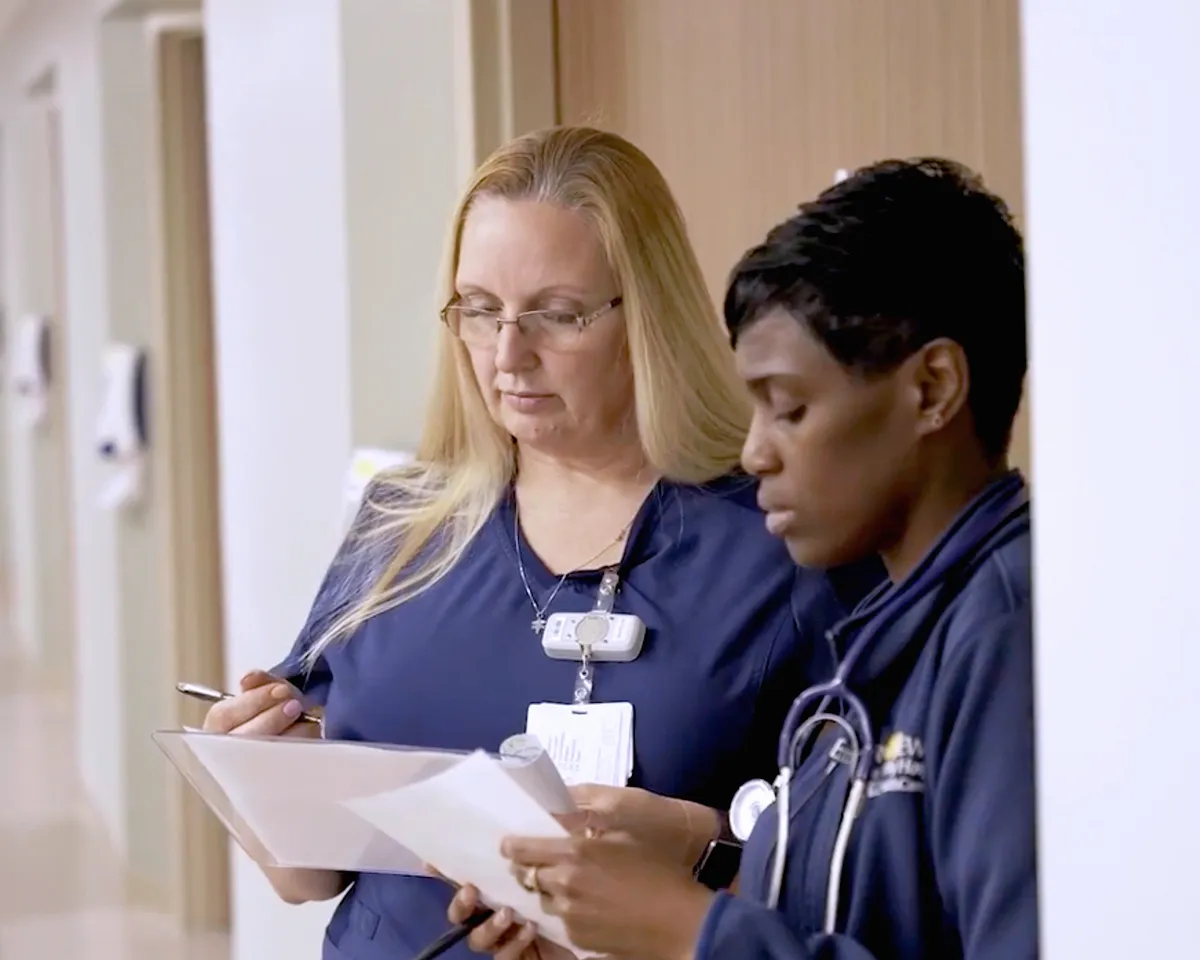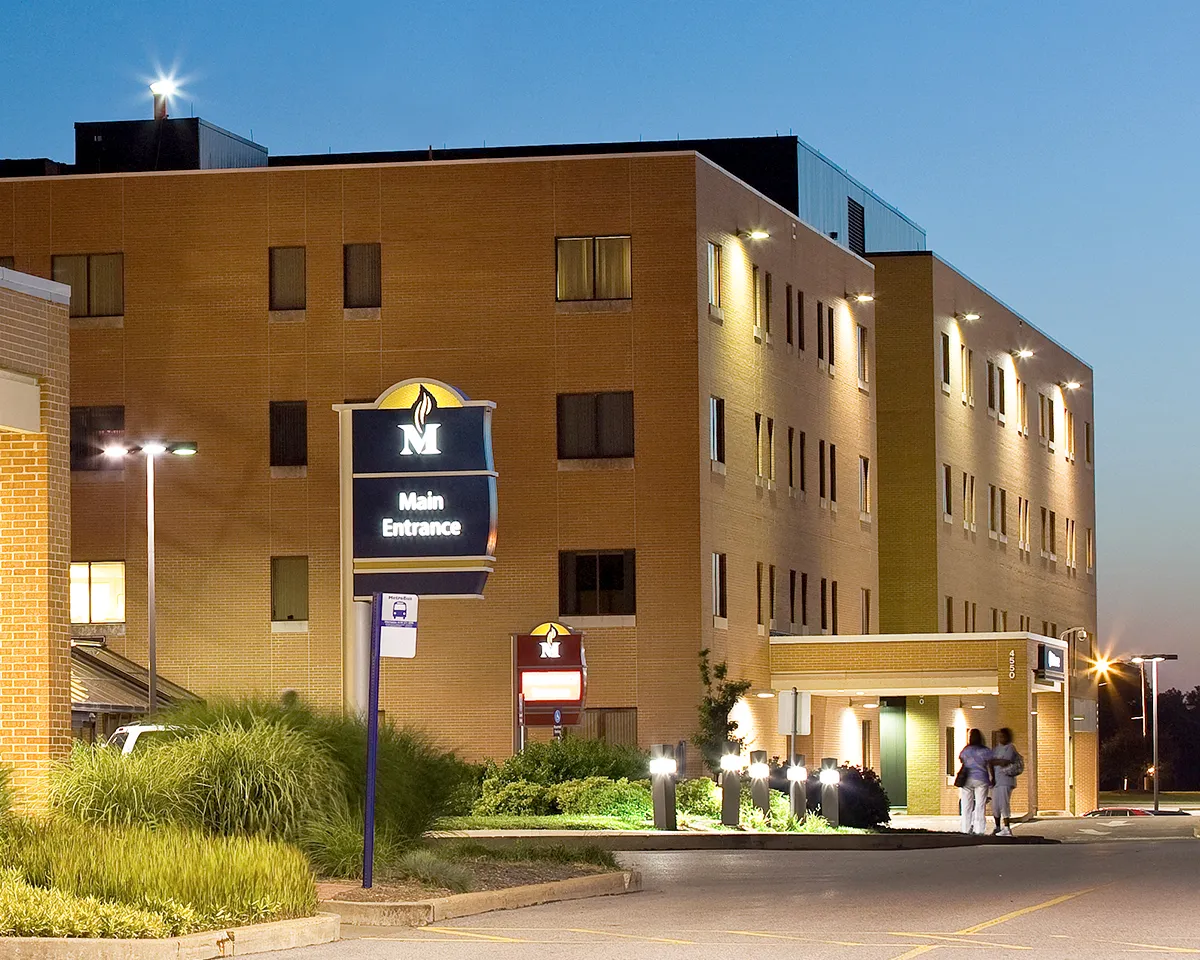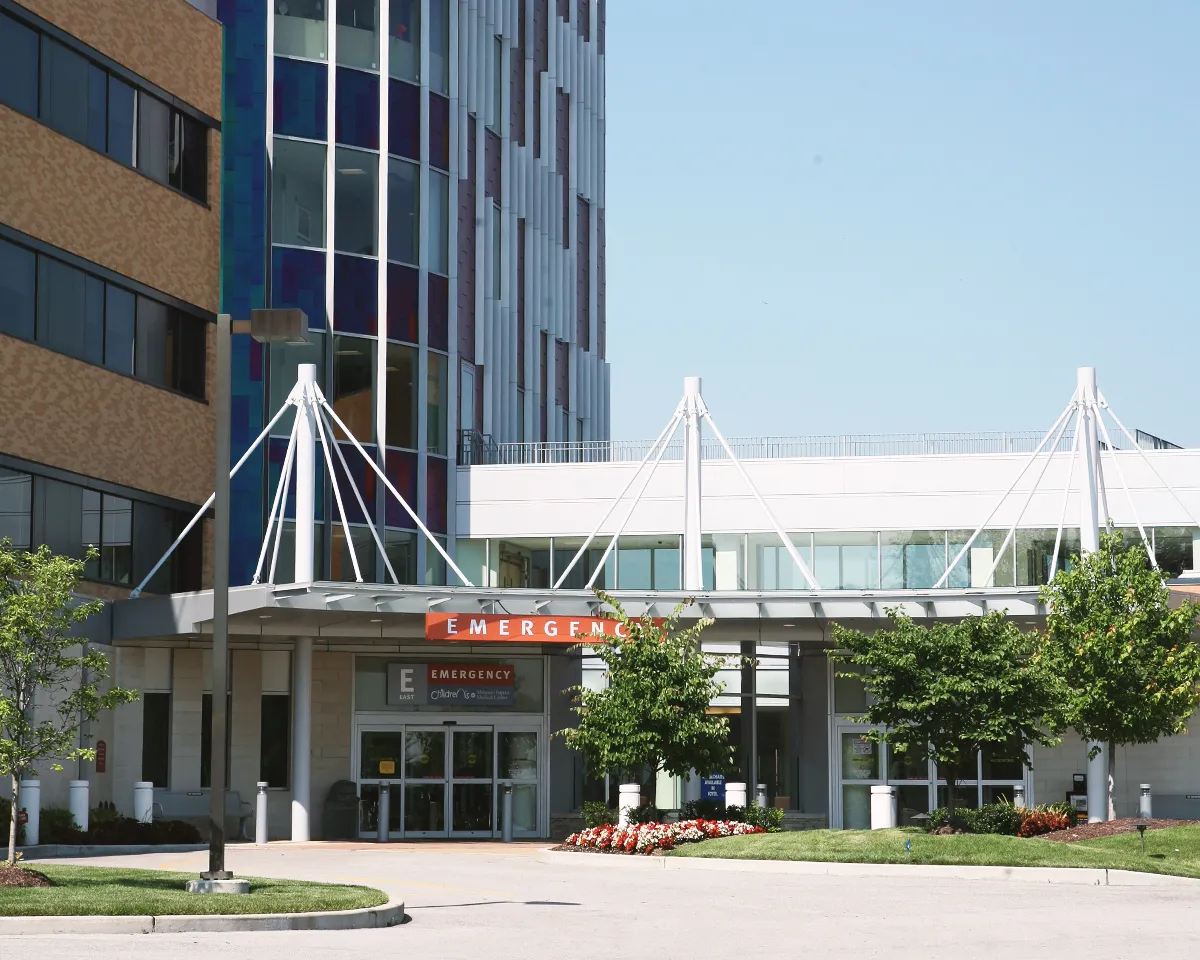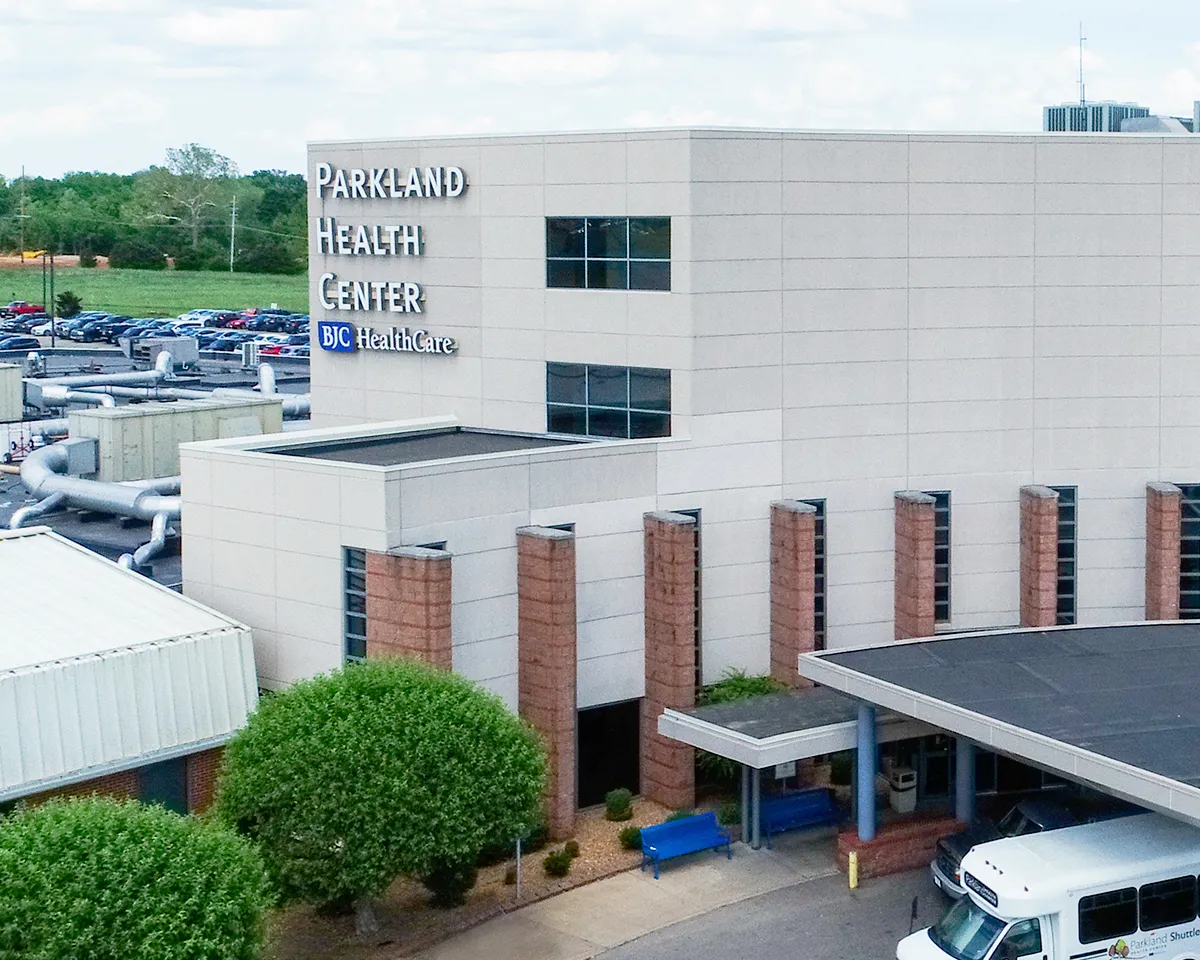Pelvic Floor and Urogynecology
Incontinence, pelvic pain and other pelvic floor problems don’t have to be a way of life. Our urogynecologists (doctors specializing in female pelvic medicine and reconstructive surgery), pelvic floor physical therapists and other providers help you find relief.
BJC HealthCare works with Washington University physicians, BJC Medical Group, and providers across the region to deliver extraordinary care. Our pelvic floor specialists understand the huge impact these conditions have on your quality of life. But you don’t need to feel embarrassed or uncomfortable about getting help. Our specialists are here to provide the treatments and compassionate support you need to feel better. We can address both common and complex pelvic floor problems.
When you turn to us for pelvic floor disorder treatment, you’ll find:
Specialized expertise: Washington University board-certified urogynecologists, many of whom have additional fellowship training in female pelvic medicine and reconstructive surgery. This experience means they’re qualified to provide expert care even the most complex bladder, uterus, vagina, small bowel and rectum disorders.
Nonsurgical therapies: Many pelvic floor disorders improve with nonsurgical treatments such as medication, physical therapy and behavior modification. Experienced pelvic floor physical therapists and urogynecologists help you regain strength in your pelvic floor and teach you techniques for managing symptoms.
Minimally invasive treatments: Your clinical team will use the least invasive techniques possible if you do need surgery for a pelvic floor disorder. Our urogynecologists have extensive experience performing laparoscopic surgery, which uses smaller incisions so you recover faster and with less pain.
Personalized approach: You will experience treatment tailored to your medical needs and personal preferences. Whether you’re concerned about bladder accidents or debilitating pelvic pain, pelvic specialists plan for your goals and lifestyle.
Collaborative care: The urogynecology team works with your other doctors, including your primary care physician, colorectal surgeons, gastroenterologists and other specialists, to coordinate your care. Addressing both common and complex pelvic floor problems.
A pelvic floor disorder results from injured or weakened muscles and ligaments that support your pelvic organs. Without support, the organs may sag or shift out of place. You also can lose the ability to tighten or relax the muscles that control your bladder and bowel.
Causes of pelvic floor disorders can include aging, pregnancy, childbirth, obesity or pelvic organ damage from past surgeries.
At BJC HealthCare hospitals we treat:
You don’t have to live with incontinence, prolapse or pelvic pain. A variety of treatment options are offered for these conditions and provide relief from your symptoms. When necessary, a range of minimally invasive procedures are available to treat stress incontinence, uterine prolapse and bowel incontinence.
Non-surgical treatments like medications or lifestyle changes are typically explored prior to considering surgery. Other non-surgical pelvic floor disorder treatments include:
 Alton Memorial Hospital
Alton Memorial Hospital Barnes-Jewish Hospital
Barnes-Jewish Hospital Barnes-Jewish St. Peters Hospital
Barnes-Jewish St. Peters Hospital Memorial Hospital Belleville
Memorial Hospital Belleville Memorial Hospital Shiloh
Memorial Hospital Shiloh Missouri Baptist Medical Center
Missouri Baptist Medical Center Missouri Baptist Sullivan Hospital
Missouri Baptist Sullivan Hospital Northwest HealthCare
Northwest HealthCare Parkland Health Center
Parkland Health Center
Schedule your appointment
Call (314) 362-9355 or (800) 392-0936 to schedule your appointment with a pelvic floor specialist.